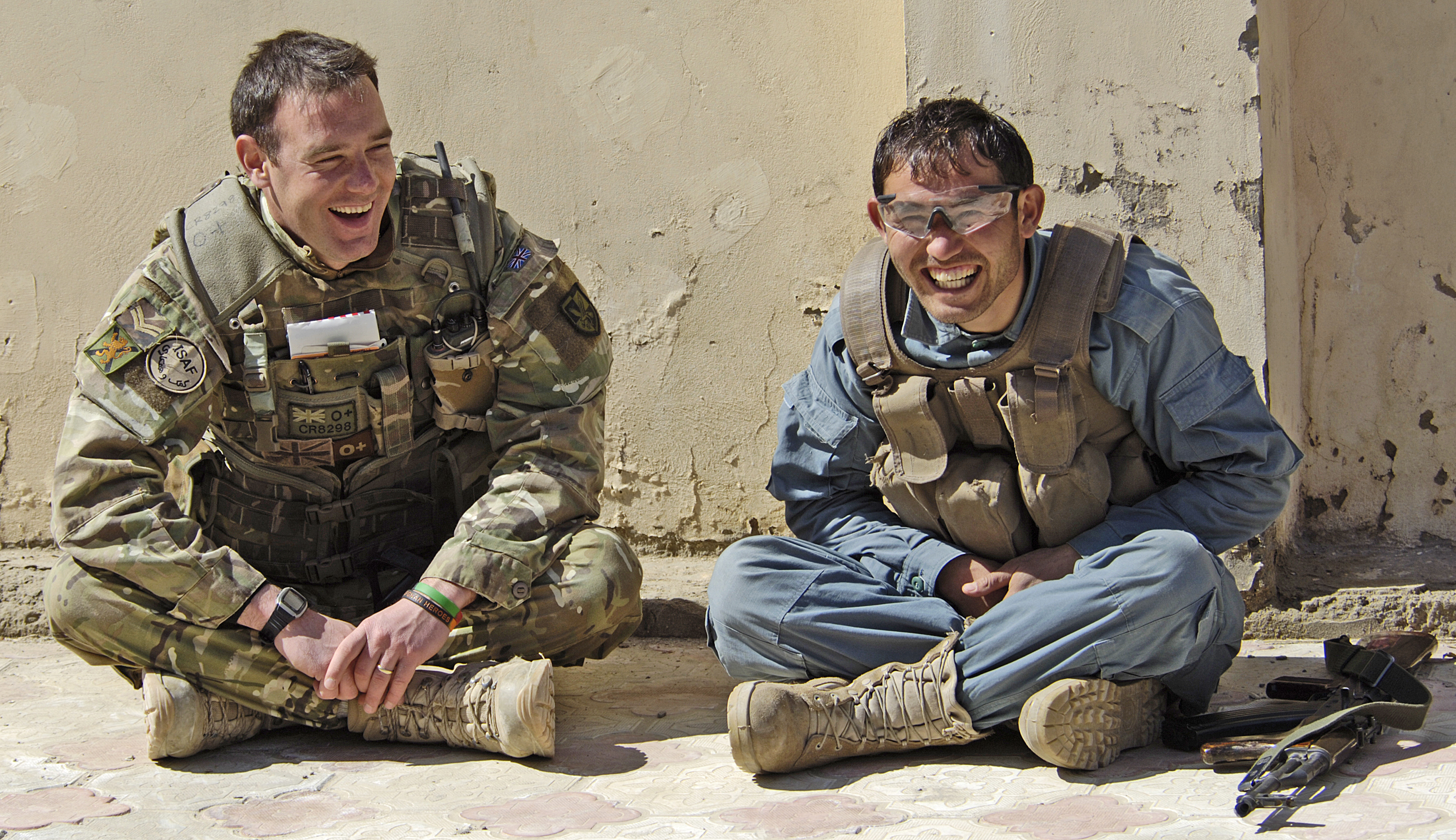By the end of next year the last British combat troops will leave Afghanistan; at least that is the official government plan for now. The war has dragged on far longer than most expected, and circumstances might yet compel a change of course. Nevertheless, it seems that the United Kingdom will soon end its Afghan mission, and for the first time in over a decade, no longer be at war. If this comes to fruition it will be a relief to many, but it will also invite British policymakers to evaluate the future of their country’s foreign policy.
[captionpix align=”left” theme=”elegant” width=”320″ imgsrc=”http://natoassociation.ca/wp-content/uploads/2013/07/article-1154986-038E5BD4000005DC-224_468x303-1.jpg” captiontext=””]
The 21st century has not been kind to those tasked with governing the United Kingdom. Less than two years after celebrating the beginning of a new millennium, the country became a key player in the US-led “War on Terror”. Though uncontroversial at the time, the UK became extensively involved in the Afghan conflict they are still trying to extricate themselves from today. Shortly thereafter, Tony Blair’s ostensibly centre-left Labour government developed extremely close ties with the neoconservative Bush administration and championed the UK’s partnership with the United States in the exceedingly contentious invasion of Iraq and the debacle that followed.
Controversy surrounding the Iraq invasion fractured the Labour Party, alienated its left-wing, and further solidified centrist control of the party. Over time, discontent with Blair’s unwavering support for the US government and the Iraq war led him to resign. He was replaced by Gordon Brown, who was promptly met with what became the greatest economic crisis since the Great Depression. Brown and Labour paid a predictable political price for these circumstances, ceding government to David Cameron’s Conservatives in alliance with the Liberal Democrats. Cameron’s tenure has been similarly troubled, remaining embroiled in Afghanistan, struggling to manage social disruptions amidst government austerity, and now faced with the prospect of Scottish secession.
A new election will be held less than two years from now and it is impossible to predict the outcome. In purely political terms the Conservative coalition has not done particularly well, but Labour has managed to do worse. It seems that dissatisfaction with the current government has not translated into support for the opposition, signifying the absence of a compelling alternative. Circumstances might change, but it is difficult to disagree with those who would like to see greater differentiation on the country’s political spectrum. The New Labour “third-way” model that saw electoral efficacy usurp the party’s traditional principles and ideology worked for Labour in the 90s, but has apparently run its course. The party’s leadership, however, seems strikingly incapable of charting a different path. Labour’s time in opposition has seen it oscillate between a leftward shift and outright acquiescence to Conservative plans. Unless it can supply a coherent alternative that can mobilize, rather than just rhetorically acknowledge, widespread frustration with the current state of affairs, an outright Labour victory is difficult to imagine.
The UK is no stranger to serious domestic challenges. The country’s politics in the last quarter of the 20th century were largely defined by intense battles over economic reforms and violent strife in Northern Ireland. But it is inappropriate to view the current conjuncture as just more of the same. The UK is not defined by its political intensity, it is defined by just the opposite: The most striking feature of the country today is political inertia and disengagement in a time of worsening socio-economic divides.
What does this uninspiring domestic situation mean for the future of UK in the international arena? For one, it means that whoever takes office after the next elections will likely be faced with pressures to reorient and rescale the country’s foreign policy. Since World War Two, owing to its imperial legacy and partnership with the United States, the United Kingdom has maintained an international political footprint far greater than its material conditions would normally merit. As the UK now struggles to maintain unity in Britain, and questions its place in the European Union, it seems the global reach of this former imperial power may be in decline.
The seriousness of domestic concerns might dissuade future policymakers from foreign intervention. If the government continues its austerity campaign one cannot expect it foreign policy to remain unaffected. There have already been discussions about cutting international aid, and in the future this may extend to some sectors of the security apparatus as well. The highly financialized nature of the British economy, centred in the capital, has created serious and worsening geographic and socio-economic divisions. If a holistic economic recovery continues to elude the country, it would be unsurprising if the government’s efforts are redirected from international affairs to managing social volatility.
However unappealing it may be for policymakers and their critics, the reality is that governments are largely products of their circumstances. In less than two years the UK will withdraw from Afghanistan, and although some might wish to see the UK reassert itself as a leading country on the international stage, its circumstances have conspired to make this unlikely, or at least unwise. The country’s international ambitions might be tempered by the pressing need to manage and hopefully remedy its seriously imbalanced economy. The UK will always have a prominent place on the international stage, but its current circumstances suggest that adopting a more modest agenda is not only understandable, it is probably overdue.




